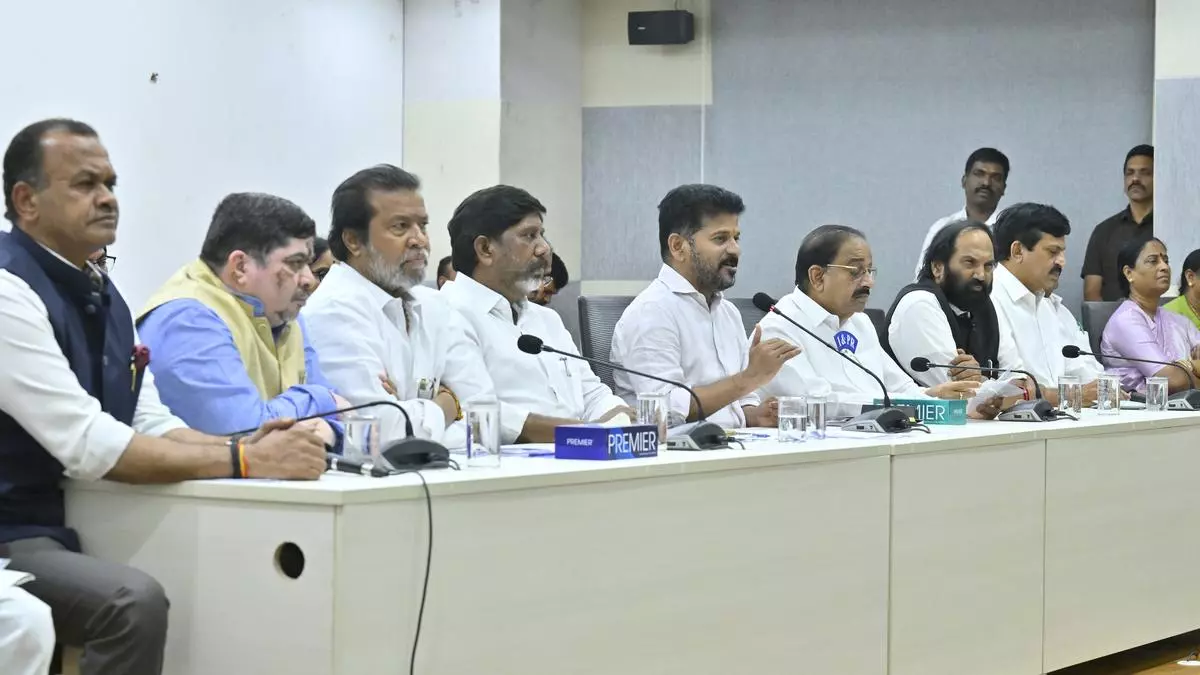The journey out of the pandemic years has been a healthy one for hospitals, especially in the private sector. They’ve been charting plans to go into smaller cities, invest in technology and acquire other healthcare institutions to strengthen their presence across the country.
But the tailwind of 2024 may not quite hold in the upcoming year, says healthcare industry voices, as they brace for challenges.
Patients have started coming back to hospitals for treatment, says Gautam Khanna, Chief Executive of Hinduja Hospital and President, Association of Hospitals, comparing with the pandemic years (2020-23) when only emergencies were open and planned treatments were rescheduled.
There have been indicators of organic growth, says Khanna, pointing to hospitals investing in expansion and technology.
Next year could be tough, though, as the industry would have to grow from the wide base this year, besides navigating complex discussions involving treatment costs and health insurance, among others, he points out.
Manipal Hospitals’ Managing Director and Chief Executive Dilip Jose agrees that the outgoing year was “the first forward-looking year after Covid-19”. Hospitals are investing in creating capacity and leveraging technology. Among the concerns, he says, is the drain of experienced nurses to developed countries, which are taking them in to cater to their ageing population. The local need for nurses will be felt in smaller cities, he says, where it would get harder to replace.
Mergers and acquisitions — Aster DM (Quality Care India); Manipal Hospitals (Medica Synergie); and Max Healthcare (Jaypee Healthcare) among others
Singapore’s GIC invests an additional $150 million for a majority stake in Asia Healthcare Holdings
Private equity Advent International invests ₹2,475 crore in Apollo HealthCo, a subsidiary of Apollo Hospitals
Calling it a “marquee year”, Vishal Bali, Executive Chairman, Asia Healthcare Holdings (AHH), points to the investment of private capital in hospitals. There is a massive interest in healthcare in different models — whether multi-speciality or single-speciality institutions, he points out. But public health infrastructure is not seeing similar investment, he says, concerned at the widening gap between private and public health infrastructure. The Centre needs to increase public health spending to 2.5 per cent of GDP, he says, echoing a sentiment expressed by many in healthcare.
Data protection
A key priority in 2025 will be the Digital Personal Data Protection Act, says Khanna, as hospitals focus on digital processes. It could take a year to implement, he adds. Explaining its significance, he says it would cover data used for research, the issue of consent, the site of data capture, and so on. Hospitals are involved since they handle data as the producer and user, besides sharing it for insurance purposes.
Healthcare industry insiders also point to the pricing discussions triggered by the health insurance segment, which has called on hospitals to honour cashless treatment (where patients are treated and insurance makes the payment directly to the hospital). While this may take a load off the patient’s mind, hospital administrators point to implementation issues — with patients expecting full coverage of their bills, even though their insured amount may be less — leading to further breakdown in trust in the healthcare establishment.
The Centre is also making efforts to get more private hospitals to support its Ayushman Bharat health insurance programme, and that continues to face pricing and other glitches, which need to be addressed.
Healthcare professionals are also worried about the attacks on their fraternity in hospitals across the country, including the horrific death of a young doctor in Kolkata’s RG Kar Medical College. Jose points out that many hospitals have internal processes to ensure their staff are safe. But this is not a one-time exercise, he points out, adding that it needs constant review to ensure the system works.
Policy thinking
Pointing to fragmented discussions and actions in healthcare, Bali says, there is need for a comprehensive thought process on health as a policy framework. Health insurance discussions take a price view, when there is also a cost factor, he explains, pointing to the rising cost of multiple inputs (human resource, imported medical equipment, currency fluctuations) involved in delivering quality healthcare. The UK’s National Health Service (NHS) functions because “every citizen contributes to it”, besides the government, and hence they have “access rights”, he says.
There needs to be a clearly thought-out policy to ensure contribution from everyone, for greater quality health coverage, and in perpetuity, says Bali, bringing the focus back on universal healthcare.






Leave a Comment